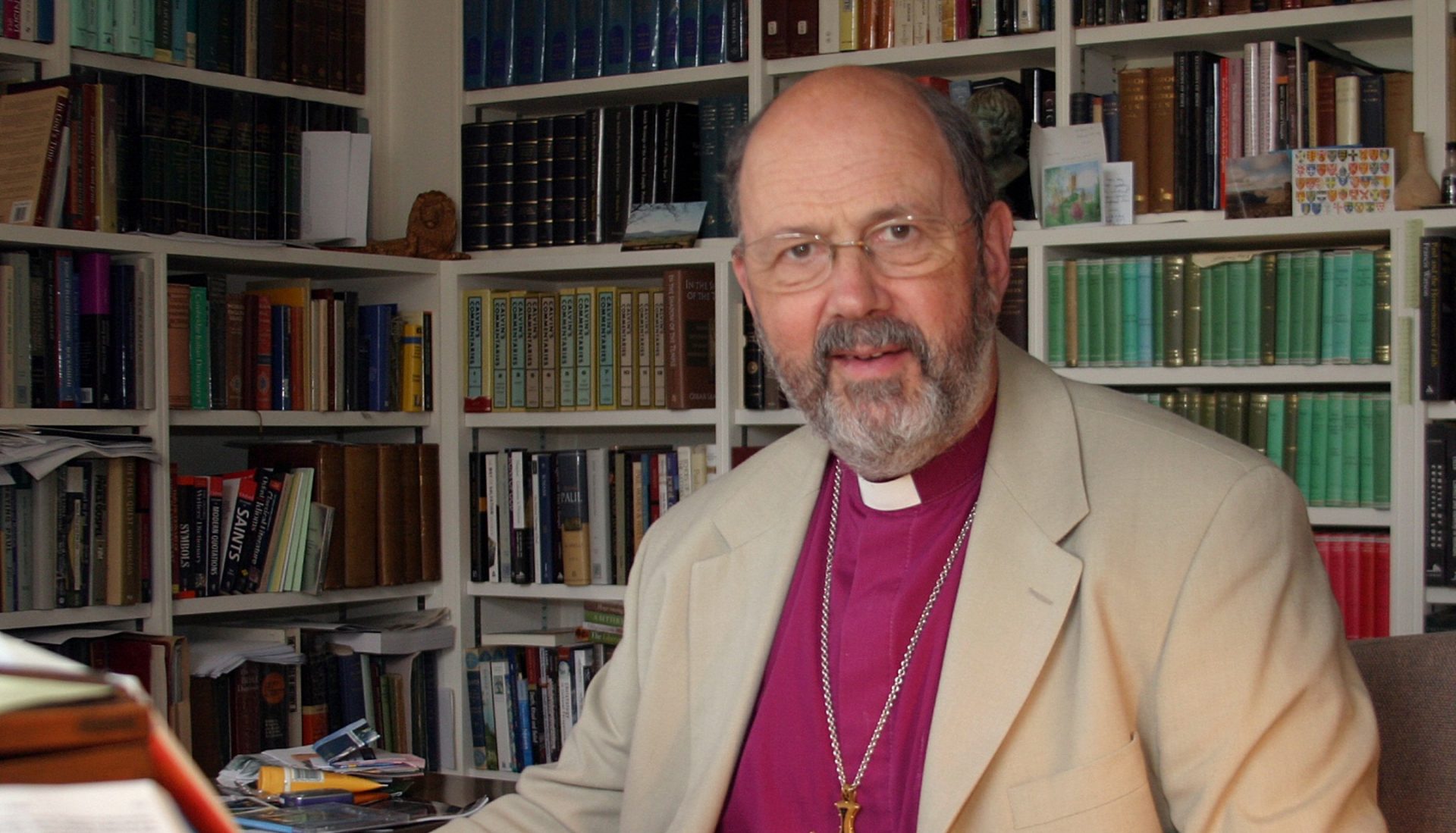Earlier this week, Christianity Today published an article on how the current debate on justification is reigniting questions about Roman Catholicism. Francis Beckwith and Taylor Marshall indicated that the New Perspective is a major step toward the Catholic view. N.T. Wright gave a response, only a snippet of which was included in the CT article. Here is the longer version of his remarks.
1. I’m on sabbatical writing Volume IV of my big series, on Paul; so I don’t have time for more than a quick response.
2. “Sacramental, transformational, communal, eschatological”? If you gave me that list and said “Where in the Christian world would you find that?” I could easily and truthfully answer:
- (i) in the best of the Reformed tradition — spend a couple of days at Calvin College, or read Jamie Smith’s new book, and you’ll see;
- (ii) in much of the best of the charismatic movement, once it’s shed its low-church prejudices and discovered how much God loves bodies;
- (iii) in the best of… dare I say it… Anglicanism… ;
- (iv) in some bits (not all) of the Emerging Church movement . . .
3. Trent said both much more and much less than this.
- Sacramental, yes, but in a muddled way with an unhelpful ontology;
- Transformational, yes, but far too dependent on unbiblical techniques and practices;
- Communal, yes, but don’t let the laity (or the women) get any fancy ideas about God working new things through them;
- Eschatological? Eschatology in the biblical sense didn’t loom large, and indeed that was a key element in the Reformers’ protest: the once-for-allness of the events of Jesus’ death and resurrection as producing, not a new system for doing the same stuff over and over, but a new world.
Trent, and much subsequent RC theology, has had a habit of never spring-cleaning, so you just live in a house with more and more clutter building up, lots of right answers to wrong questions (e.g. transsubstantiation) which then get in the way when you want to get something actually done.
In particular, Trent gave the wrong answer, at a deep level, to the nature/grace question, which is what’s at the root of the Marian dogmas and devotions which, despite contrary claims, are in my view neither sacramental, transformational, communal nor eschatological. Nor biblical.
The best RCs I know (some of whom would strongly disagree with the last point, some would strongly agree) are great conversation partners mainly because they have found ways of pushing the accumulated clutter quietly to one side and creating space for real life. But it’s against the grain of the Tridentine system, in my view. They aren’t allowed to say that but clearly many of them think it. Joining in is just bringing more of your own clutter to an already confused and overcrowded room…
4. I am sorry to think that there are people out there whose Protestantism has been so barren that they never found out about sacraments, transformation, community or eschatology. Clearly this person needed a change. But to jump to Rome for that reason is very odd.
It reminds me of the fine old German NT scholar Heinrich Schlier, who found that the only way to be a Protestant was to be a Bultmannian, so, because he couldn’t take Bultmann, became a Roman Catholic; that was the only other option in his culture. Good luck to him; happily, most of us have plenty of other options.
To say “Wow, I want that stuff, I’d better go to Rome” is like someone suddenly discovering (as I’m told Americans occasionally do — sorry, cheap shot) that there are other countries in the world and so getting the first big boat he finds in New York to take him there . . . when there were plenty of planes lined up and waiting at JFK. Rome is a big, splendid, dusty old ocean liner, with lots of grand cabins, and, at present, quite a fine captain and some excellent officers — but also quite a few rooms in need of repair. Yes, it may take you places, but it’s slow and you might get seasick from time to time. And the navigators have been told that they must never acknowledge when they’ve been going in the wrong direction . . .
5. I spent three very happy weeks as the Anglican observer at the Vatican’s Synod of Bishops last October. They were talking about the Bible: about how for so long they have more or less banned the laity from reading or studying it, and how now they want to change all that, to insist that every Catholic man, woman, child, cat and dog should have the Bible in their own mother tongue and be taught to read it, study it, pray with it, individually and together. Hallelujah! Who knows what might happen!
Question: why did nobody say this in 1525? If they had, we’d have been saved a lot of bother.
Let’s engage cheerfully in as much discussion with our Roman friends as we can. They are among my best ecumenical conversation partners, and some of them are among my dear friends. But let’s not imagine that a renewed biblical theology will mean we find ourselves saying “You guys were right after all” just at the point where, not explicitly but actually, they are saying that to us . . .
